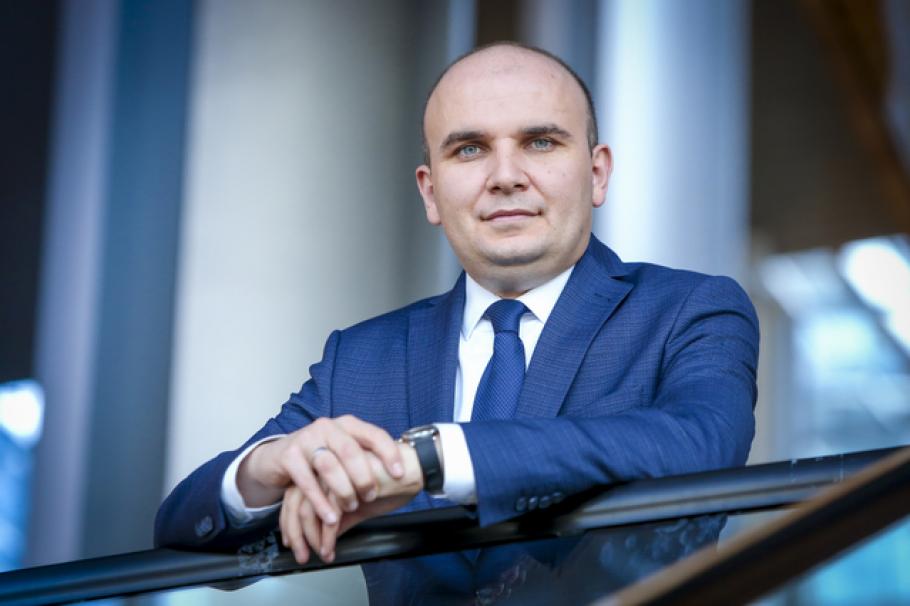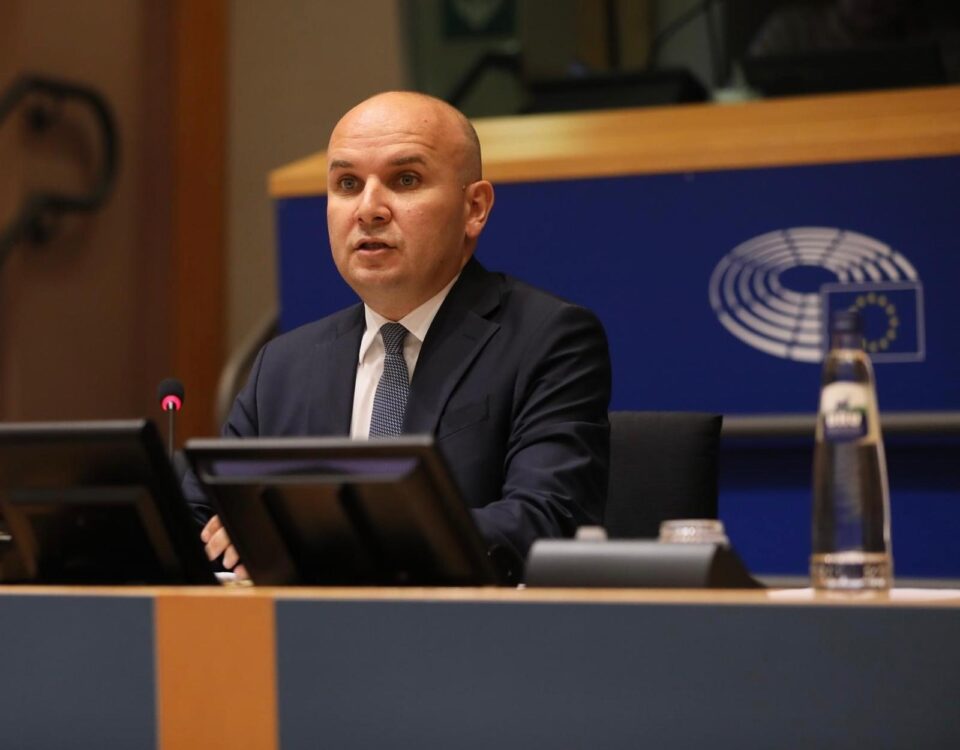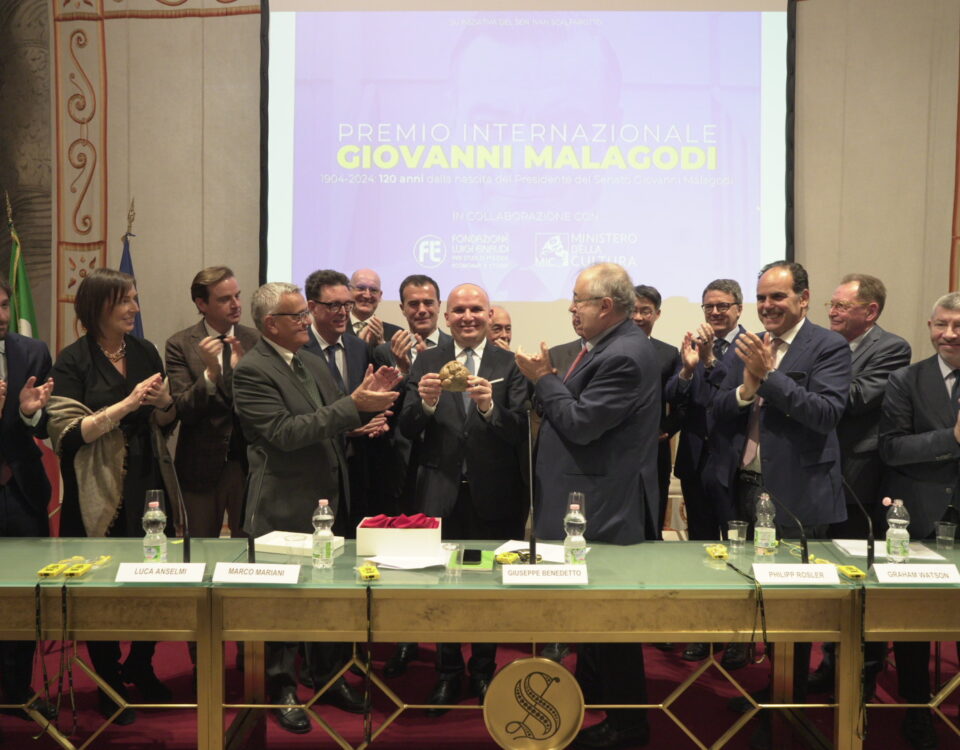
The Green Deal – an Ambitious Strategy with Multilayered Application
April 13, 2021
Kyuchyuk and Pendarovski: Only way for Bulgaria and North Macedonia is building trust and friendship
April 29, 2021The Conference on the Future of Europe needs to change the EU to serve its citizens more effectively
Mr. Kyuchyuk, the subject of Europe‘s future seems to be eternal. Giscard d’Estaing has done much in this direction as President of the Convention on Europe, although the proposed EU Constitution has been blamed in referendums in the Netherlands and France. The official opening and holding of a Conference on the Future of Europe is imminent, the launch of which, unfortunately, has been delayed mainly due to the crown crisis, but also due to differences in the views of the main European institutions. A number of issues arise on the occasion of the Conference, on which I would like to seek your opinion. What do you expect the Conference to achieve?
Kyuchyuk: In general, everyone expects the Conference to change the European Union so that it can serve its citizens more effectively and play a more significant role on the global stage. And then how? By giving the floor to the citizens, to say what kind of Europe they want to live in. The conversation is important for what lies ahead in the coming months and years, because we must not just stay on the plane of good political messages, but every corner of the EU must contribute and present its views on every topic it considers important. the future of the EU. Because, agree, the late start of the Conference, due to the COVID pandemic, did not cancel out the fact that Europe should be changed as soon as possible.
What EU model would be most relevant?
Kyuchyuk: The model in which the European Union is evolving is sufficiently viable in itself. In my opinion, fundamental changes in the foundation of the EU should be unmade, but we are hampered by details that, if overcome, will announce us the necessary development. What I mean is a number of political crises have shown that some elements in decision-making do not work in the best way and are to the detriment of European citizens. Very often, in key Council votes that require an absolute majority, it is used as a political blockade or political blackmail by some Member States. I believe the time has come, during the Conference on the Future of Europe, to rethink the decision-making mechanism, because in recent years it has repeatedly proved to us that it is the Achilles’ heel of the European Union.
The common declaration of the three main European institutions, for the Conference on the Future of Europe, lists the key themes that should provide the basis for the debate. Would you add a question that you believe is important, and which may also have relevance to the future of the European project?
Kyuchyuk: Every topic from the fight against climate change, the digital transformation of Europe to the economy in the interests of the people, social justice, the rule of law or the global role of the EU is important and must be given special attention.Quite often these questions are asked in our daily lives and from time to time ideas are given for different forms of unions. We have almost built an energy union, almost a banking union. For me, however, a very important topic is not a specific sectoral policy, but how to involve citizens in the decision-making process at European level, because the process of alienating citizens, as a whole, from politics, has become clear in recent years. There is a shift away from the European institutions, and the crises have shown us that Europe is the solution not only to value issues, but also to crisis situations. The individual national approach cannot be the answer of our time. You can’t imagine that in such a dynamic world environment, Bulgaria as a medium-sized, compared to large, even a small country, would be able to fight for vaccines. And to be distributed in solidarity. And so, when the European Commission negotiates on behalf of everyone, things get a lot easier.
You personally and through your offices in our country, keep in touch with your constituents. Do you think that the Conference on the Future of Europe will attract the attention of Bulgarian citizens, and not only, especially in this complex situation related to the COVID crisis? Is there a danger that the Conference will become an organized event that will only be considered a success? What should be the incentives, the “lures” for wider civic participation, which is actually the goal of the Conference?
Kyuchyuk: The COVID crisis has taught us to be more adaptable to different situations, as is the case with the Conference on the Future of Europe. We need to make it as lively as possible by experimenting with digital platforms as much as possible. The creation of a new, multilingual digital platform will enable citizens to present their ideas, comment on other people‘s ideas, create and participate in events.It would also be good for Bulgaria to have its say on how it wants to see the EU.It is also good for Bulgaria to promote the idea of the Western Balkans, especially those with candidate status, to have an active role in the Conference on the Future of Europe, because it is not for today‘s Europe, but for a future Europe, in which we undoubtedly see the countries of the Western Balkans.
How can the EU strengthen its position as a global political leader? Is it sufficient to use the so-called ” “soft power”? Do you think there will be differences in the approaches of countries and citizens from the so-called “old” and “new” Europe?
Kyuchyuk: There are different views of the Member States on how the European Union should develop on the world stage, which has always been seen as a “soft power” promoting democracy and fundamental rights.Unfortunately, in recent years, the world has lived in a highly aggravated geopolitical environment and struggle for global supremacy. This obliges us to take into our own hands the guarantee of European security, all the more so as the COVD crisis has deeply shaken the international scene, showing the instability of individual countries that are coping on their own. I believe that building a single defense alliance to operate under the auspices of NATO, combined with the “soft power” that the EU has always promoted, will ensure our stable presence on the global stage and establish us as a world political leader.
The topic of EU enlargement is explicitly unincluded in the announced topics of the Conference. What do you think is the reason for this?
Kyuchyuk: I would not say that the topic of enlargement is not affected and no special attention will be paid to it. However, me and fellow MEPs worked actively to get the countries of the Western Balkans to participate in the Conference and they got this opportunity.Rather, the context of the theme is set so that the maximum number of topics can be affected, rather than ingesting citizens into a certain framework within which the range of proposals is severely limited.
Do you think there is, as political analysts claim, a struggle between the liberal model of EU development and the model of nation states united in a looser economic and political union?
Kyuchyuk: This dispute has always been present in the EU, but in an increasingly turbulent world, characterized by increasing trade competition between major economies and rapidly changing and developing technological countries, Europe is often seen as a more vulnerable country. Therefore, for me, there is undoubtedly that deepening European integration represent the right path we must take in order to be economically and technologically competitive. Achieving further reform of the architecture of the European Economic and Monetary Union is essential to achieving this goal, and this cannot happen by launching the nation-state model.
How the media can contribute to the success of the Conference on the Future of Europe?
Kyuchyuk:The Conference on the Future of Europe will be a unique opportunity for all European citizens and our civil society. I therefore urge more Bulgarian citizens to participate and express their opinion. The media will play a key role in the success of the Conference by promoting events and inform citizens about what is happening.
Тази публикация е достъпна и на следните езици: Bulgarian




